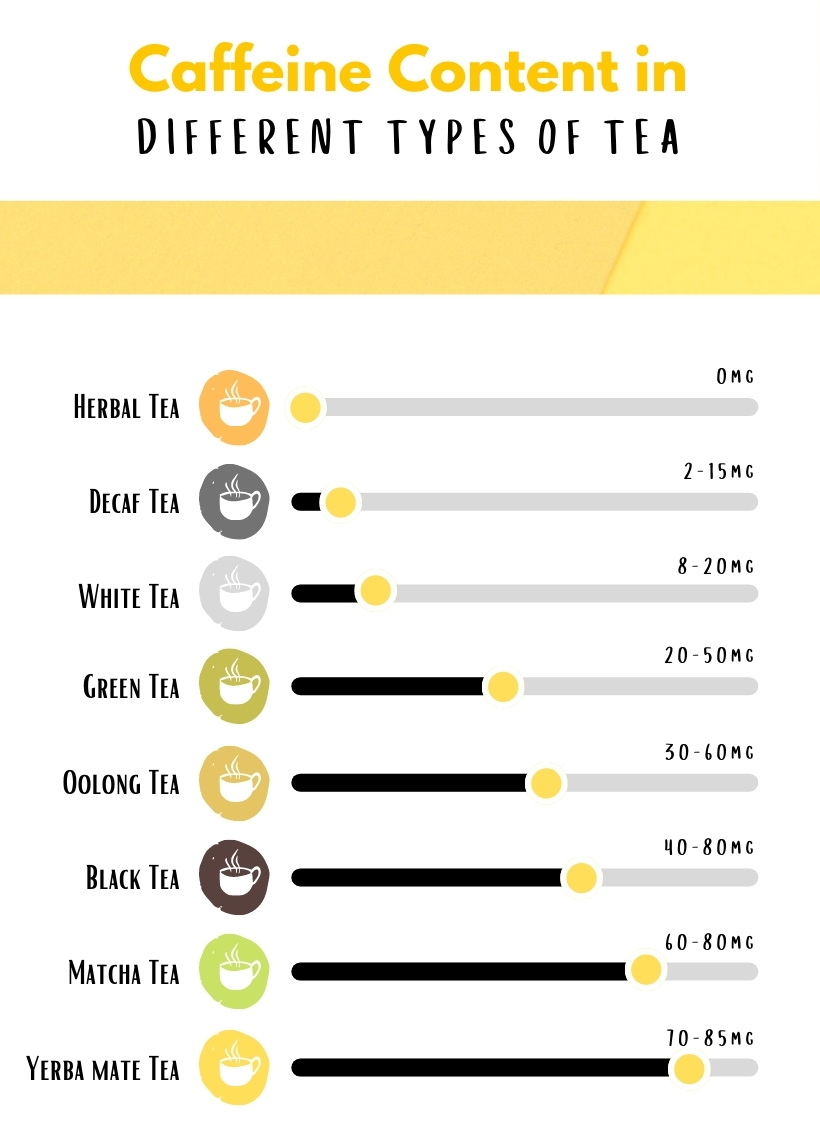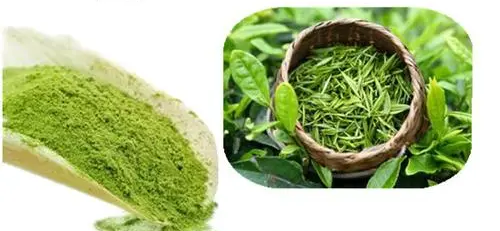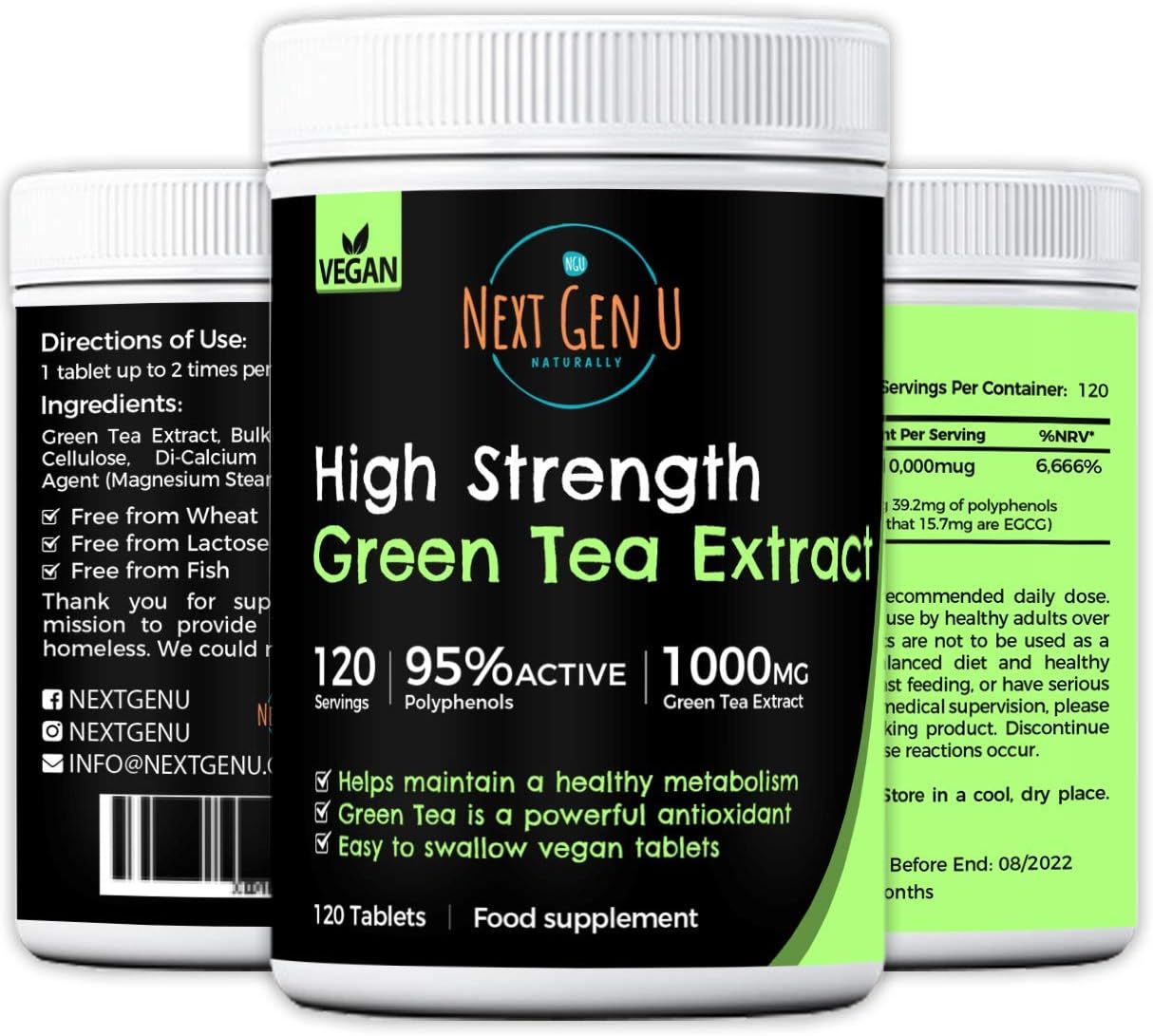Content Menu
● Introduction
● Chemical Composition of Green Tea Extract
● Caffeine Content Analysis
● Factors Affecting Caffeine Concentration
● Comparison with Other Forms of Green Tea
● Health Implications and Benefits
● Safety Considerations
● Conclusion
● Frequently Asked Questions
Introduction
Green tea extract has become increasingly popular as a dietary supplement, drawing significant attention from both researchers and health enthusiasts. This comprehensive analysis explores the caffeine content in 100mg of green tea extract, its composition, and the various factors that influence its potency. Understanding the precise caffeine content is crucial for consumers who are monitoring their caffeine intake or seeking specific health benefits from green tea supplementation.
Chemical Composition of Green Tea Extract
Green tea extract is a complex mixture of bioactive compounds, with caffeine being one of its primary constituents alongside various polyphenols, particularly catechins. The extract is derived from the leaves of Camellia sinensis through specialized extraction processes that concentrate these beneficial compounds. The concentration of active ingredients in green tea extract can vary significantly depending on factors such as the extraction method, the quality of tea leaves used, and the standardization process employed during manufacturing.

Caffeine Content Analysis
The caffeine content in green tea extract typically ranges between 1.96% to 3.54% of the total composition, which is higher than the concentration found in traditional tea bags (1.39% to 1.57%). For a 100mg green tea extract supplement, this translates to approximately 2-3.5mg of caffeine per serving. However, it's important to note that this content can vary based on the standardization process and the specific formulation of the extract.
Factors Affecting Caffeine Concentration
Several factors influence the caffeine concentration in green tea extract:
1. Extraction Method: The extraction process significantly impacts the final caffeine content. Different solvents (water, ethanol, methanol) and extraction conditions (temperature, time, pH) can result in varying caffeine concentrations in the final product.
2. Standardization Process: Manufacturing companies often standardize their green tea extracts to contain specific percentages of active compounds. This standardization can affect the ratio of caffeine to other components in the final product.
3. Source Material Quality: The quality and origin of the tea leaves used for extraction play a crucial role in determining the caffeine content. Different varieties of tea plants and growing conditions can result in varying levels of caffeine.
Comparison with Other Forms of Green Tea
To provide context, it's helpful to compare the caffeine content in 100mg green tea extract with other forms:

Health Implications and Benefits
The caffeine content in green tea extract, while moderate, contributes to various health benefits:
1. Metabolic Effects: The combination of caffeine and catechins in green tea extract has been shown to support metabolic function and energy expenditure.
2. Antioxidant Properties: The synergistic relationship between caffeine and other compounds in green tea extract enhances its antioxidant properties.
3. Cognitive Function: The moderate caffeine content, combined with other bioactive compounds, may support cognitive function and mental alertness.
Safety Considerations
When consuming green tea extract supplements, several safety aspects should be considered:
1. Daily Intake Recommendations: Understanding the caffeine content helps in adhering to recommended daily caffeine intake limits.
2. Individual Sensitivity: Some individuals may be more sensitive to caffeine, even in the relatively modest amounts found in green tea extract.
3. Timing of Consumption: The timing of green tea extract supplementation may affect sleep patterns due to its caffeine content.

Conclusion
The caffeine content in 100mg of green tea extract, while variable, is generally moderate and contributes to its overall beneficial effects. Understanding this content is crucial for optimal supplementation and avoiding potential adverse effects from excessive caffeine intake.
Frequently Asked Questions
Q: How does the caffeine in green tea extract compare to coffee?
A: The caffeine content in 100mg green tea extract is significantly lower than a cup of coffee, typically containing 2-3.5mg compared to 95-200mg in coffee.
Q: Can green tea extract cause sleep issues?
A: While the caffeine content is moderate, sensitive individuals should avoid taking green tea extract late in the day to prevent potential sleep disruption.
Q: How does the body absorb caffeine from green tea extract compared to regular green tea?
A: The concentrated nature of green tea extract typically leads to faster absorption of caffeine compared to traditional green tea brewing.
Q: Are there decaffeinated green tea extract options available?
A: Yes, decaffeinated versions exist, though they may not provide all the same benefits as regular green tea extract due to the removal of naturally occurring caffeine.
Q: How does storage affect the caffeine content in green tea extract?
A: Proper storage in a cool, dry place helps maintain the stability of both caffeine and other beneficial compounds in green tea extract.






























